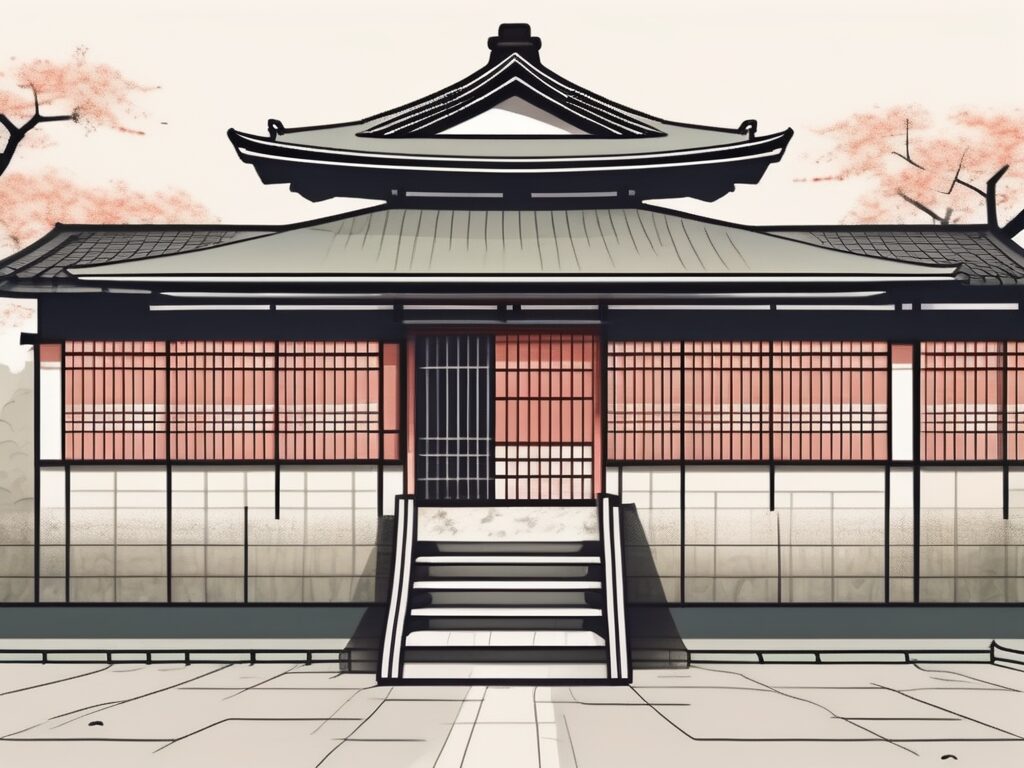Japan, a country renowned for its technological advancements and economic prowess, is also known for its rigorous educational system. However, beneath the surface of high literacy rates and academic achievements, there are several barriers that hinder the educational progress of many students. These barriers range from societal pressures to institutional issues, and they often intertwine, making them difficult to address individually.
Societal Pressures
The Japanese society places a high value on education, often equating academic success with personal worth. This societal pressure can be a double-edged sword. While it motivates students to excel, it also creates an immense amount of stress, leading to various mental health issues.
Moreover, the concept of ‘Gakureki Shijou’, or academic pedigree, is deeply ingrained in the Japanese society. It is a common belief that the prestige of the university a person attends determines their future career prospects and social status. This belief fuels a highly competitive education environment, often leading to ‘examination hell’, a term used to describe the intense pressure students face during entrance exams.
Impact of Societal Pressures
The impact of these societal pressures is far-reaching. Many students suffer from ‘school refusal’, a condition where they refuse to go to school due to the intense pressure and stress. This condition is so prevalent that it has become a significant social issue in Japan.
Furthermore, the high suicide rate among students is a grim testament to the severity of these pressures. According to a survey by the Japanese government, suicide is the leading cause of death among youths aged 10-19, with many citing school pressures as the main reason.
Institutional Barriers
While societal pressures pose significant challenges, institutional barriers within the Japanese education system further exacerbate the situation. These barriers include a rigid curriculum, lack of diversity, and limited support for students with special needs.
The Japanese education system is known for its uniformity. All students are expected to follow the same curriculum, regardless of their individual abilities or interests. This one-size-fits-all approach often leaves students who are not academically inclined feeling left out and demotivated.
Lack of Diversity
The lack of diversity in the Japanese education system is another significant barrier. The system is primarily geared towards preparing students for university entrance exams, with little emphasis on vocational training or creative pursuits. This lack of diversity limits the options for students who may not be interested in traditional academic paths.
For instance, in countries like Germany, vocational training is a well-respected alternative to university education. However, in Japan, vocational training is often seen as a less desirable option, further reinforcing the academic pedigree concept.
Support for Students with Special Needs
Support for students with special needs is another area where the Japanese education system falls short. While efforts have been made to improve inclusive education, many schools still lack the necessary resources and trained staff to adequately support these students.
Compare this to countries like the UK, where inclusive education is a key focus, and it is clear that Japan has a long way to go in this regard. The lack of support often results in students with special needs falling behind their peers, further widening the education gap.
Financial Barriers
Finally, financial barriers also play a significant role in hindering education in Japan. The cost of education in Japan is relatively high, with families expected to bear a significant portion of the expenses. This financial burden can be particularly challenging for low-income families, leading to educational disparities.
Moreover, the high cost of private tutoring, known as ‘juku’, further exacerbates this issue. Many students attend these cram schools to prepare for entrance exams, but the high cost often puts them out of reach for less affluent families.
In conclusion, while Japan’s education system has many strengths, it also faces several significant barriers. Addressing these issues will require a multi-faceted approach, involving societal change, institutional reform, and financial support. Only then can Japan ensure that all students, regardless of their background or abilities, have equal access to quality education.
Empower Your Teaching Career with IPGCE
Understanding the barriers to education is just the first step. If you’re an educator looking to overcome these challenges and enhance your qualifications, IPGCE is here to support your journey. Our International Postgraduate Certificate in Education is designed to help you achieve Qualified Teacher Status, increase your chances of securing interviews by 50%, and boost your promotion rates by 45%. Join a global network of professionals, gain a deeper understanding of international curricula, and pursue professional development without compromising your work commitments. Take the leap towards a more fulfilling teaching career and Join the UK’s #1 Teacher Training Course today.

